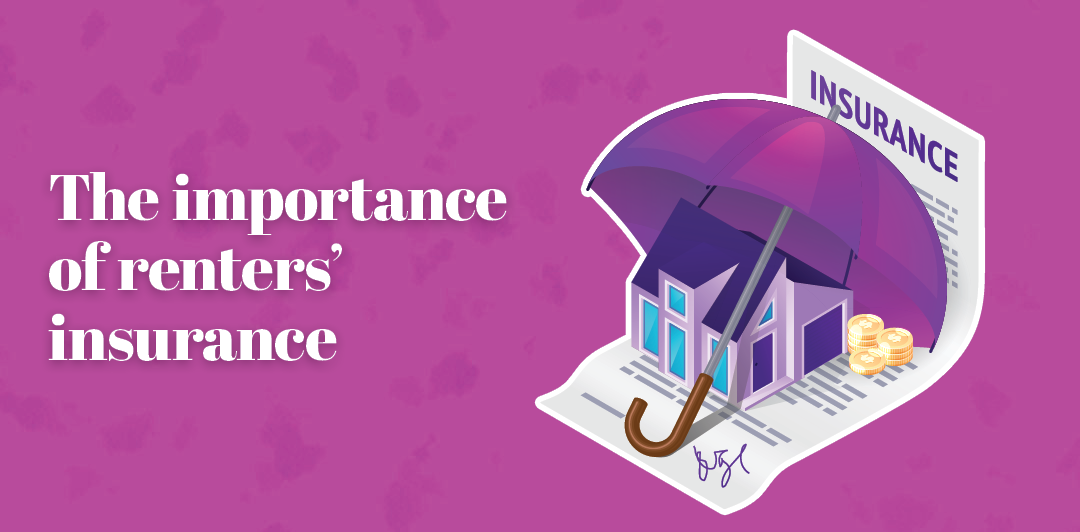


50/30/20 rule helps with budgeting
Humans are fallible, and sometimes we just need guidelines. If you struggle to make sense of a sea of budgeting systems and apps, consider the 50/30/20 rule which states that your after-tax income should be roughly divided three ways: 50% to needs, 30% to wants, and 20% to long-term savings.
The beauty of the rule is its simplicity. Sophisticated budgeting systems are complicated and stressful. Since budgeting is something that you must do your entire life, find a way to simplify it.
 First, identify your wants and needs. Needs are necessities – things like housing, food, transportation, utilities, and insurance. Wants are what some might call luxuries – things like vacations, digital subscriptions, gym memberships, and hobbies. Of course, there can be some crossover of wants and needs. For example: Clothing is a necessity, but spending extra cash for fancy clothes is probably more like a want than a need. Make sure to be honest with yourself while creating your budget to balance your wants and your needs.
First, identify your wants and needs. Needs are necessities – things like housing, food, transportation, utilities, and insurance. Wants are what some might call luxuries – things like vacations, digital subscriptions, gym memberships, and hobbies. Of course, there can be some crossover of wants and needs. For example: Clothing is a necessity, but spending extra cash for fancy clothes is probably more like a want than a need. Make sure to be honest with yourself while creating your budget to balance your wants and your needs.
Saving is the most important – and most difficult – financial habit. Set aside money each month in a savings account to create an emergency fund. A savings account will psychologically earmark your money, making it less likely you’ll withdraw it for spontaneous reasons. One of the great secrets to saving is finding ways to make it automatic. Don’t put yourself in the position of deciding how much to save with each paycheck. Make the savings decision once and ride it as long as possible.
Like all budgeting methods, the 50/30/20 rule is not perfect, and shouldn’t be applied as defined to every budget. It offers guidelines for enjoying your income while putting savings on autopilot. Some folks will disagree, calling it too lenient or too strict. That’s fine. Skilled budgeters and savers will develop their own habits and can be as disciplined as they like. But if budgeting isn’t natural to you — especially if you're young and you’ve avoided deep debt — the 50/30/20 rule gives you permission to relax a bit and put savings on autopilot.
Courtney Shauf is Community Office Manager at F&M Trust.
Recent Articles
Join our e-newsletter
Sign up for our e-newsletter to get new content each month.






















